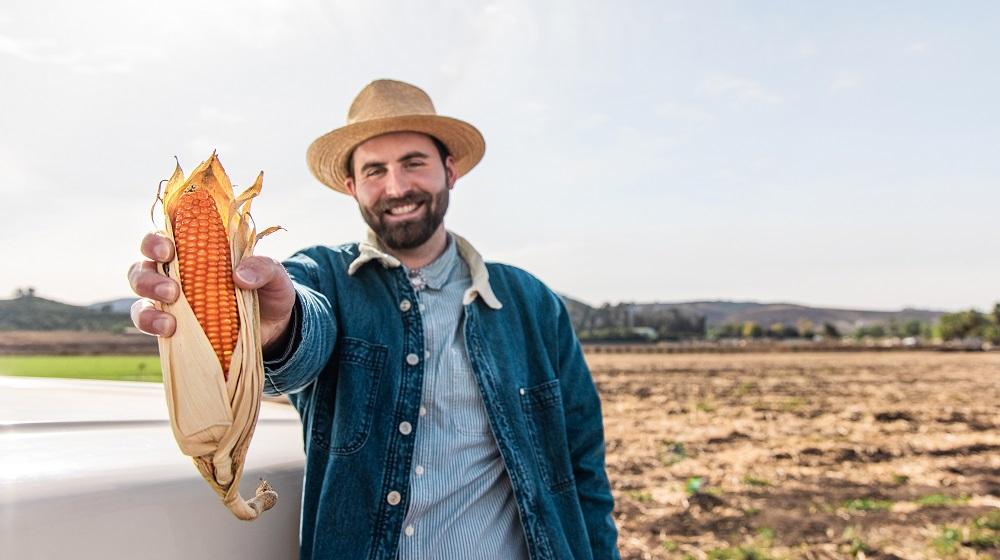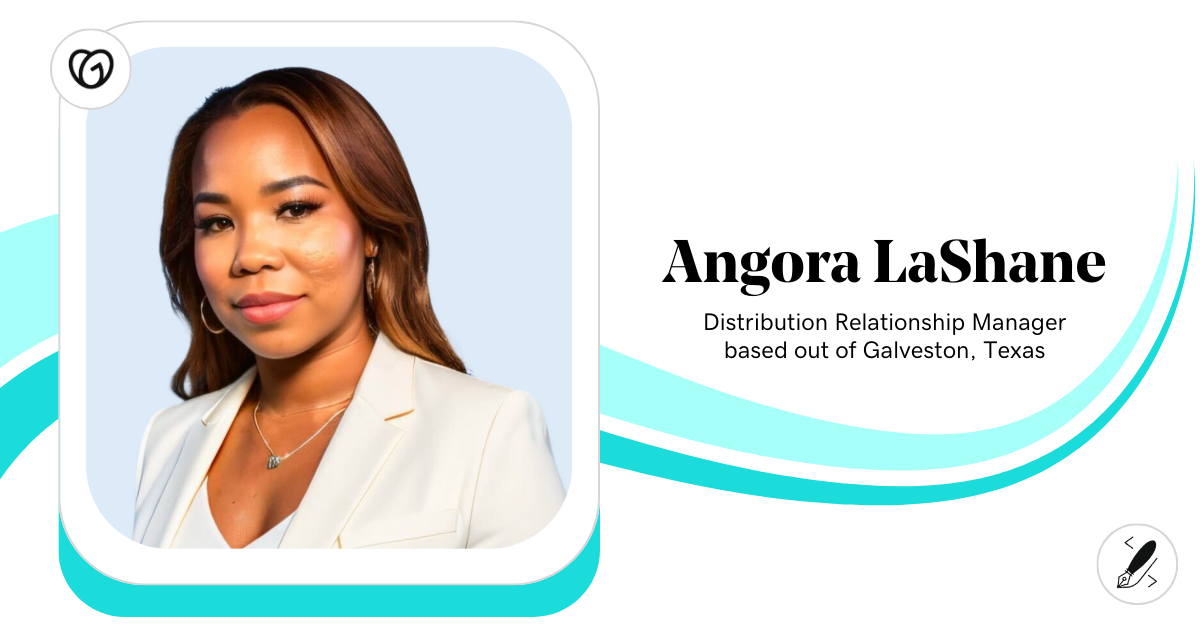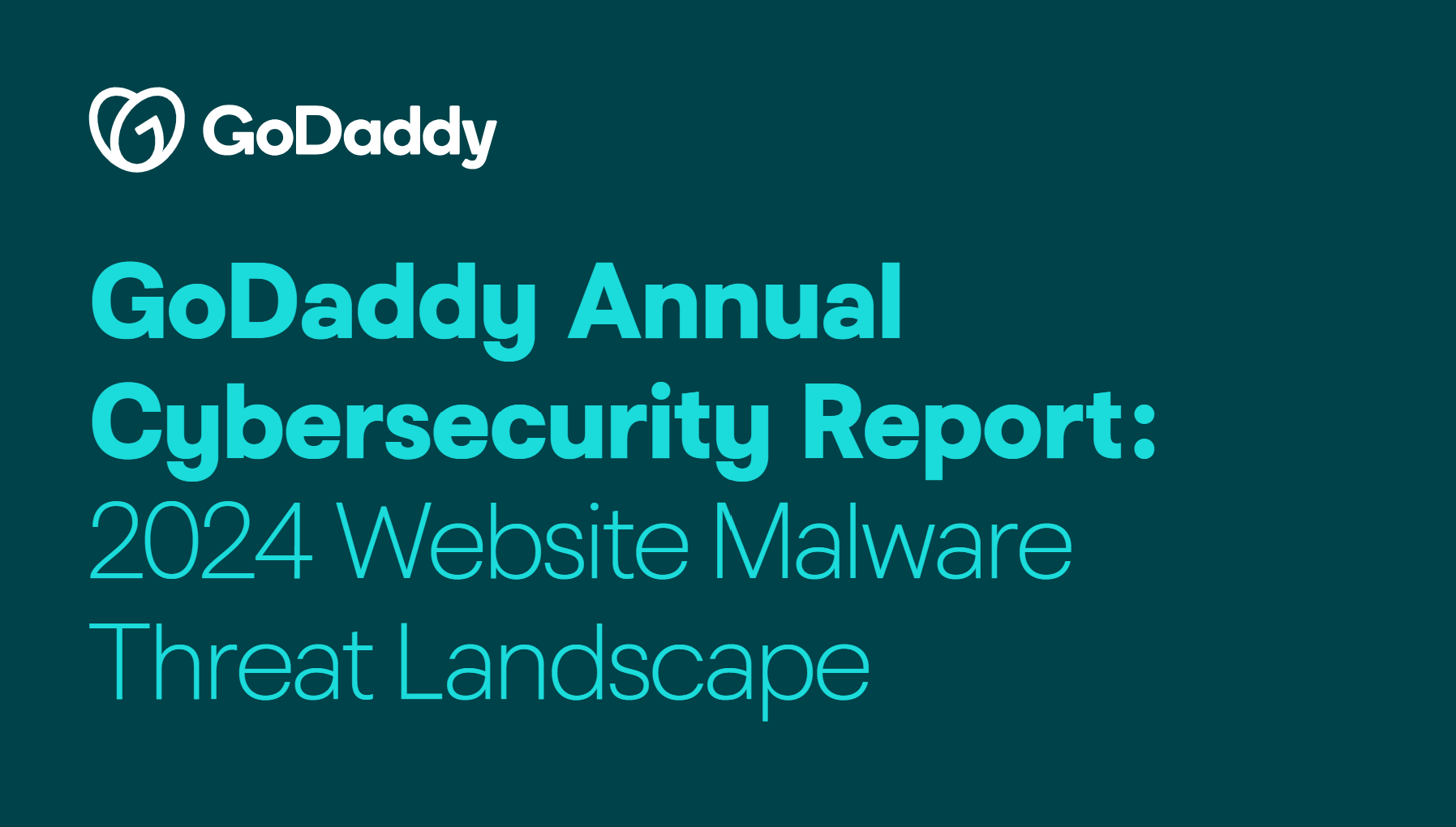Today, we’re speaking with Evan Rocheford, the co-founder and CEO of NutraMaize®, a company transforming the United State’s largest staple crop – corn – into a platform for delivering better nutrition on a population-wide scale.
NutraMaize’s innovation is a unique variety of orange non-GMO corn. The vibrant orange color comes from significantly higher levels of carotenoids, the same natural antioxidant pigments that give carrots their color and well-known health benefits.
The start-up’s flagship product, “Professor Torbert’s Orange Corn® Grits,” has been praised by chefs and consumers alike for its rich, nutty, buttery flavor, along with its creamy texture.
In addition to a great product, NutraMaize also has an inspiring origin story and compelling mission. The company’s efforts in the U.S. are an extension of a broader humanitarian movement called biofortification, which aims to eliminate severe micronutrient deficiencies in low-income countries by naturally improving the nutritional value of widely consumed staple crops.
Orange Corn was originally developed by Evan’s co-founder and father, Purdue professor Torbert Rocheford, to help alleviate Vitamin A deficiencies afflicting parts of sub-Saharan Africa.
To date, NutraMaize’s non-profit partner, HarvestPlus, has successfully introduced Orange Corn in 11 African countries where carotenoid-lacking white corn is the primary staple crop.
Now, Evan and the NutraMaize team are bringing the nutritional benefits of Orange Corn to Americans, as well as raising awareness and funds to help end global malnutrition. While Vitamin A deficiencies are not common in the U.S., most Americans are at significantly high risk for vision loss due to age-related macular degeneration because of the lack of carotenoids in their diet.
Therefore, NutraMaize’s mission is to improve the health of the American public by delivering more eye health-protecting carotenoids, abundant in Orange Corn, through widely consumed staple foods, such as milled corn products, tortillas, chips, snack foods and cereals.
To date, NutraMaize has received over $1.2 million in non-dilutive small business grant funding from the National Science Foundation, USDA, and the state of Indiana to further its mission in the U.S.
This interview has been gently edited for length and clarity.
GoDaddy: Tell us a bit more about your business.
Evan Rocheford: If we can enhance the nutritional quality of common foods people eat every day, we can fundamentally improve the diet — and hopefully the health — of millions of Americans. That, in essence, is the dream that started my company.
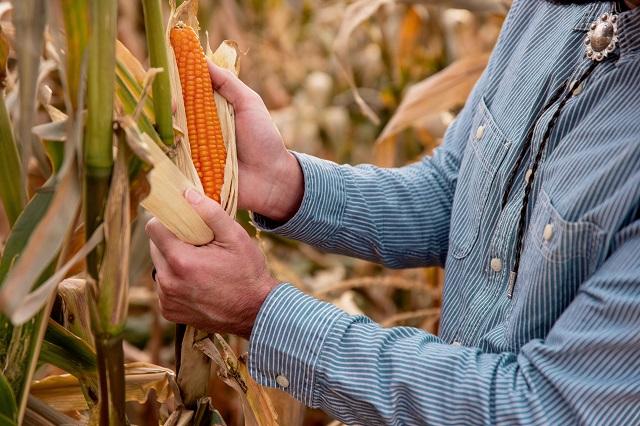
Corn is the bedrock of the American food system. From breakfast cereal to animal production, it is almost omnipresent. It permeates virtually every major area of the American diet. So, if we can transform corn into a platform for delivering more health-benefiting nutrients, that could change the world. That, in a nutshell, is what we are doing at NutraMaize with Orange Corn.
GoDaddy: What inspired you to start your business?
Evan Rocheford: My father. Growing up, I watched my father dedicate his life to improving the world through science and agriculture.
My father’s selfless work has been really inspirational and compelled me to make a positive impact with my life.
I spent a lot of time in my youth trying to figure out how to do that. Ironically, it turned out to be working on the same thing as my father: Orange Corn. When the opportunity arose to found NutraMaize together, it just made sense. It's a really big idea and quite an honor to be able to take my father’s life's work and run with it.
GoDaddy: How does your business reflect who you are as an individual?
Evan Rocheford: I’m a really corny guy. Hardy har har. But actually, I enjoy talking to people. I like sharing with people. I like learning about different people, topics, and ideas.
When I say our business is going to fundamentally improve the American diet, it can attract some skeptical looks. But my willingness to really open up to others, and their willingness to open up to me, has helped me convince a lot of cynics that what we are doing is something big, something important.
GoDaddy: How are you making a different future?
Evan Rocheford: Corn is the most important building block of the American food system. That means that if we make corn better, we fundamentally improve the American diet. Orange Corn is more nutritious than white and yellow corn, so we are able to enhance the nutritional quality of a wide variety of foods people consume on a daily basis. So, the future of corn-based food looks bright... bright orange.
GoDaddy: What’s it like to be an entrepreneur?
Evan Rocheford: It’s like jumping off a cliff and building an airplane on the way down. Linkedin co-founder Reid Hoffman said something along those lines and it’s the best description I’ve heard yet.
GoDaddy: Where do you hope to be in five years? 10?
Evan Rocheford: Let’s actually jump ahead, say 50 years. At that point, I hope people aren’t even talking about Orange Corn anymore, because they’ll just call it “corn.”
100 years ago, about half the corn grown in the U.S. was white. Then, it was discovered that yellow corn produced better outcomes when fed to animals. Now, less than 1% of the corn we grow is white.
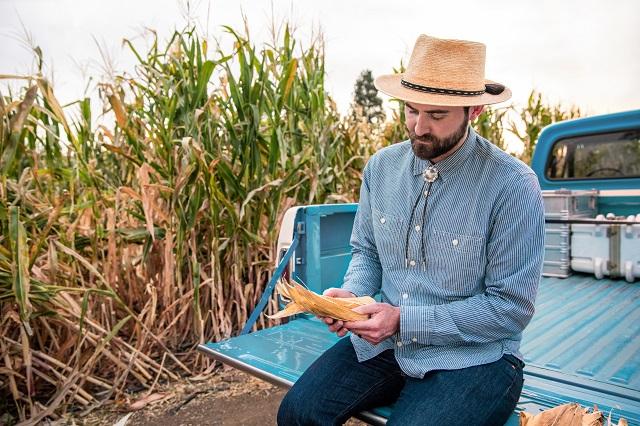
We believe the work we are doing as a company will ultimately prove that Orange Corn is the next logical step in this evolution of corn production.
GoDaddy: What do you wish people knew about being an entrepreneur?
Evan Rocheford: I think our culture really glamorizes entrepreneurship.
We tend to focus on the potential outcomes people like to dream about, such as fame and fortune.
If that’s the only thing motivating you to start a business, you probably won’t make it. You have to be passionate about your product, why you are creating it and the journey itself.
I think authenticity is critical to becoming a successful entrepreneur. Building a company is a herculean effort, but if people can sense your passion, they are much more likely to take a risk helping you carry the weight.
There is also the emotional journey. The stakes are really high, so your emotions are typically cranked up to about an eleven. The highs are higher and the lows are lower. Without an unshakeable belief in what you’re doing, you probably won’t be able to bounce back again and again.
At times, it will test your mettle and rattle you to your core. Other times, you will be rewarded in ways you couldn’t even imagine.
I guess you could say it’s more like a legendary quest than a job.
GoDaddy: Has there been a time in your entrepreneurial journey when you wanted to give up? What kept you going?
Of Course! I think wanting to give up is a fundamental part of any founder's journey.
From time to time, things will seem so bad, you'll say to yourself, "why the heck am I even doing this?" and that... that is one of the most important questions you have to learn to answer again and again.
If you want to keep going, you have to learn to give up-ward and onward.
You have to learn to give up on trying to control the things you can't (which is a massive waste of energy) and focus on taking steps to make things better. It's essential not to ignore your feelings.
If your gut is telling you something is wrong, your job is to figure out what it is and work on it.
GoDaddy: How important is community to you and your business?
Evan Rocheford: Community is extremely important to us on several different levels. Something we really focus on is cultivating a community of chefs and home cooks. We call them a community because we believe our products empower customers to feel as though they aren’t just making a better choice for themselves, and their taste buds, they are also participating in a movement for global good.
Building our company within an entrepreneurial ecosystem has also been critical to our early-stage success. We are very fortunate to have strong ties with Purdue University, since Orange Corn was developed there by my father, professor Torbert Rocheford.
The university’s business incubator, the Purdue Foundry, has also played a significant role in helping us take Orange Corn from idea to impact. They are very intentional about building an ecosystem of entrepreneurs and innovators clustered around the university that provides opportunities to share challenges, ideas and resources with one another. The alumni network has also been amazingly supportive.
Entrepreneurship can seem like a lonely game but when you have the support of an entrepreneurial community like ours, you don’t feel like you’re playing by yourself.
GoDaddy: What’s your guiding business philosophy?
Evan Rocheford: My business philosophy is similar to the golden rule: don’t build a company you wouldn’t work for. Don’t sell a product you wouldn’t buy yourself.
I think how we do things is just as important as what we sell. I’m a big believer in the triple bottom line.
As a society, we can no longer afford a profit-above-all-else mindset and I think more and more consumers want to support mission-driven businesses. Today, there is more opportunity than ever to do well by doing good.
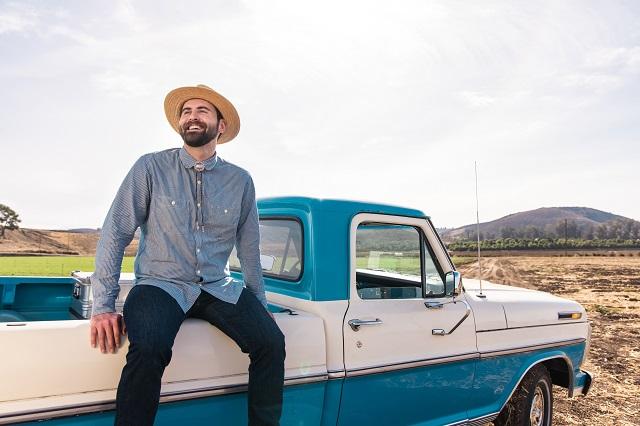
GoDaddy: How did 2020 impact your business and what changes did you make to adapt?
Evan Rocheford: Our goal for 2020 was to make a splash with chefs and foodservice establishments. My heart goes out to that industry, which has been so severely impacted by the pandemic.
We shifted our focus and doubled down on ecommerce and our collaborations with chefs and influencers on social media. We consider ourselves very fortunate to be able to adapt so quickly and come out stronger on the other side. I know not all companies have been so lucky.
GoDaddy: What do you hope to accomplish in 2021?
Evan Rocheford: I’d like to see Professor Torbert's Orange Corn® hit some major retailers. I think our early success on ecommerce channels has demonstrated we have an exceptional product. Now it's time to make our products a staple in mainstream grocery stores.
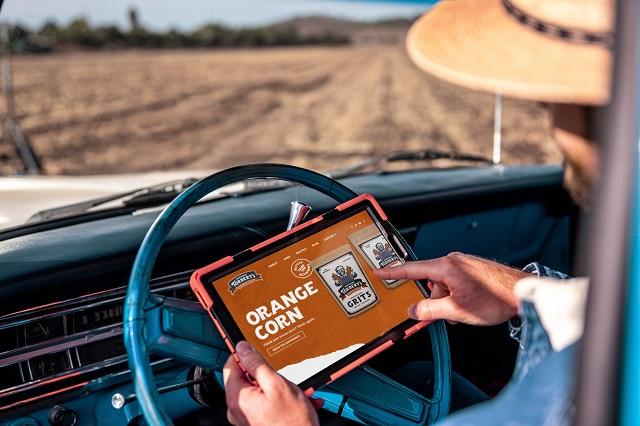
Our thanks to Evan Rocheford for sharing his company’s story. Check out the Professor Torbert’s Orange Corn website and follow the company on Instagram.
*These statements have not been evaluated by the Food and Drug Administration. This product is not intended to diagnose, treat, cure, or prevent any disease.
